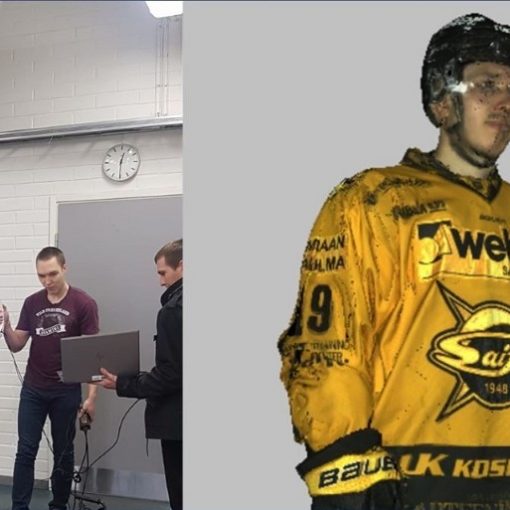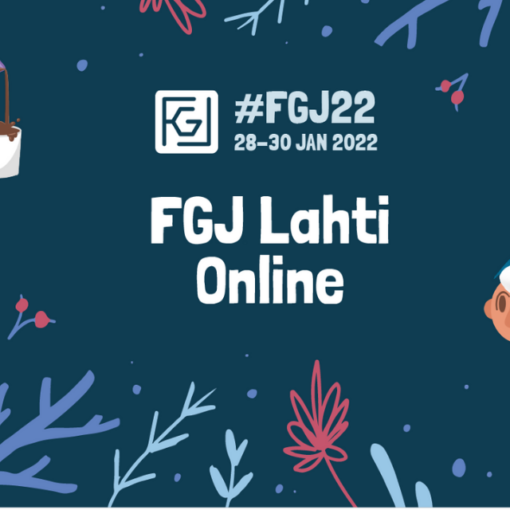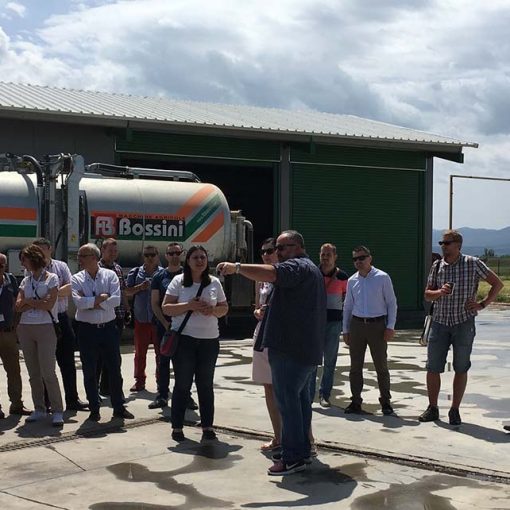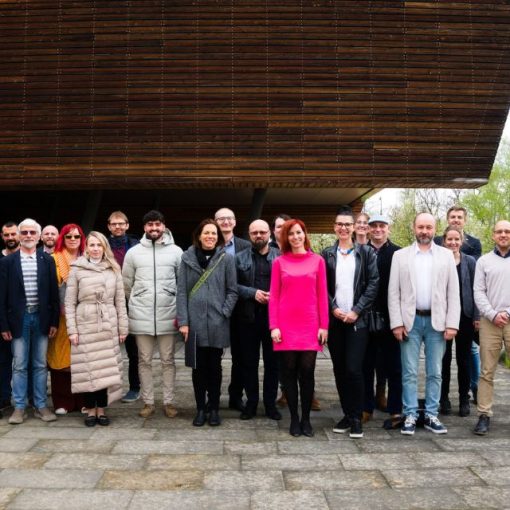Waste is defined as ‘any substance or object which the holder discards or intends or is required to discard’ (Directive 2008/98/EC). We can look at waste as a huge loss of resources, both as materials and energy. In 2018, 5.2 tonnes of waste were generated per EU inhabitant. (Eurostat 2021b.) Municipal waste comprises about 10 % of the total waste generated. In 2019, 502 kg of municipal waste per capita was produced in the EU. (Eurostat 2021a.) According to statistics, the amount of packaging waste was estimated at 174 kg per EU inhabitant in 2018 (Eurostat 2020).
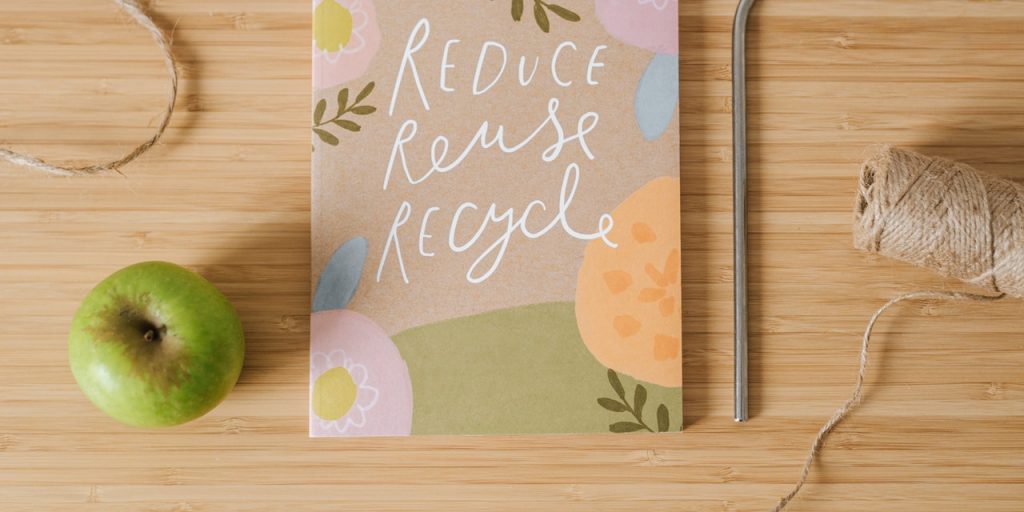
New EU recycling targets and compulsory separate collections of waste are defined in the revised Waste Framework Directive: 65 % of municipal waste to be recycled by 2035, a separate biowaste collection or recycling at the source by 2023, and textile sorting by 2025 (Directive 2018/851/EU).
With the Green Deal, Europe with its citizens is aiming at a transition towards a more sustainable circular, and climate-neutral continent by 2050 (European Commission 2020). In line with that, an Interreg Europe funded project CECI – Citizen Involvement in Circular Economy Implementation, emphasizes the role of every citizen in the circular economy.
Active webinars for knowledge share
One of the CECI project partners, Moravian-Silesian Innovation Center Ostrava (MSIC), Czech Republic has recently organized two active webinars for the public: (1) How to prevent waste from household?, and (2) Eco household cleaning. The aim of these webinars was to raise awareness and exchange knowledge leading towards a more sustainable lifestyle.
The workshops were hosted by Helena Škrdlíková, the founder of the Czech Zero Waste organization, which examines how one can live an almost waste-free lifestyle (not only) in the Czech Republic. The organization informs, inspires, and advises citizens. At their website, one can get explore many inspiring blogs and tips.
During the workshops, Helena explained the zero-waste lifestyle philosophy, and its practical implications at home and in everyday life. Also, useful tips were shared: e.g., a map of package-free shops (eco-drugstore, food), a map with eco-drugstore bottling locations, and a map of community gardens and composters. (Škrdlíková 2021a, 2021b.)
How to eco-friendly clean your home?
The focus was on replacing conventional cleaning products with eco-friendly (industrial or homemade) ones. Helena mentioned that an important step is to carefully evaluate the origin and type of dirt or stain you are aiming to remove; is it greasy, of a biological origin, is it limescale or bad odour? Many of these challenges can be removed with a help of vinegar, baking soda, and citric acid, either solely or in combination (often soda & vinegar). More tips are listed in Table 1. (Škrdlíková 2021b.)

Last of all, Helena challenged all the participants to self-reflect and make a resolution (What? How? Why?) to make one concrete step towards a more sustainable lifestyle. Helena also reminded us that sometimes, it is not possible to find an eco-alternative and in today’s society, one cannot be 100% zero-waste. However, there are many small actions everyone can take that collectively have a huge impact. (Škrdlíková 2021a, 2021b.)
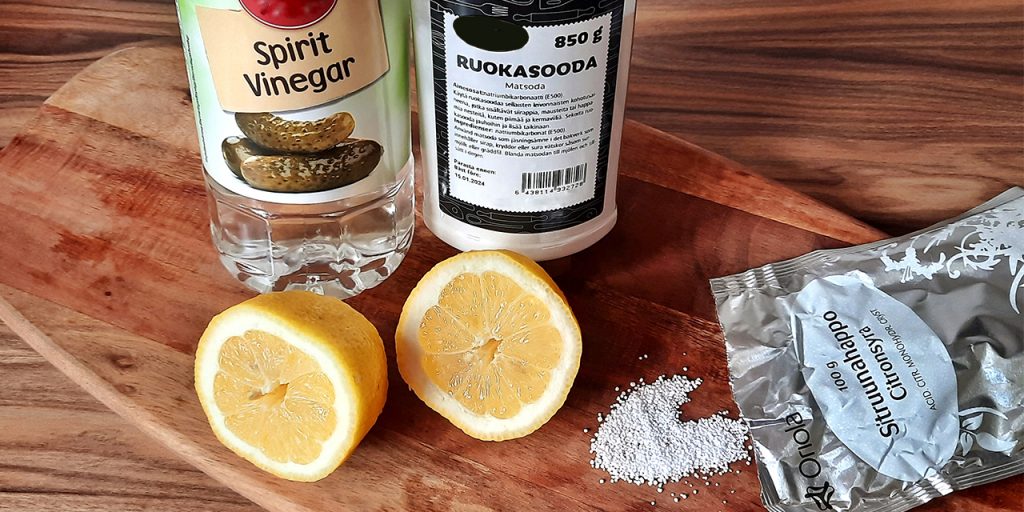
Authors
Katerina Medkova works as an RDI Specialist at LAB University of Applied Sciences and is CECI Communication Manager. CECI – Citizen Involvement in Circular Economy Implementation is an Interreg Europe co-funded project led by LAB University of Applied Sciences, Finland.
Klára Golabová works as a Project Developer in the Moravian-Silesian Innovation Centre Ostrava, Czech Republic, and is the CECI coordinator in Ostrava.
References
Directive (EU) 2008/98/EC of the European Parliament and of the Council of 19 November 2008 on waste and repealing certain Directives. EUR-lex. [Cited 22 May 2021]. Available at: https://eur-lex.europa.eu/legal-content/EN/TXT/?uri=celex%3A32008L0098
European Commission. 2020. A European Green Deal. [Cited 22 May 2021]. Available at: https://ec.europa.eu/info/strategy/priorities-2019-2024/european-green-deal_en
Eurostat. 2020. Packaging waste statistics. Statistics Explained. [Cited 22 May 2021]. Available at: https://ec.europa.eu/eurostat/statistics-explained/index.php?title=Packaging_waste_statistics#Generation_and_recycling_per_inhabitant
Eurostat. 2021a. Municipal waste statistics. Statistics Explained. [Cited 22 May 2021]. Available at: https://ec.europa.eu/eurostat/statistics-explained/index.php?title=Municipal_waste_statistics
Eurostat. 2021b. Waste statistics. Statistics Explained. [Cited 22 May 2021]. Available at: https://ec.europa.eu/eurostat/statistics-explained/index.php?title=Waste_statistics#:~:text=In%20the%20EU%2C%20812%20million,in%202018%20(Figure%203)
Škrdlíková, H. 2021a. Czech Zero Waste: How to prevent waste from household? Presentation at CECI webinar on How to prevent waste from household? on 27 Apr 2021.
Škrdlíková, H. 2021b. Czech Zero Waste: Eco household cleaning. Presentation at CECI webinar on Eco Household cleaning on 19 May 2021.
Links
Link 1. Interreg Europe. 2021a. Project Summary. CECI. [Cited 22 May 2021]. Available at: https://www.interregeurope.eu/ceci/
Link 2: MSIC. 2017. Moravskoslezské inovační centrum Ostrava, a.s. [Cited 22 May 2021]. Available at: https://www.ms-ic.cz/
Link 3: Czech Zero Waste. 2021. český blog o životě bez odpadu. [Cited 22 May 2021]. Available at: https://www.czechzerowaste.cz/
Pictures
Picture 1. Lusina, A. 2020. Pexels. [Cited 22 May 2021]. Available at: https://www.pexels.com/fi-fi/kuva/taide-apple-tyopoyta-metalli-4792658/

